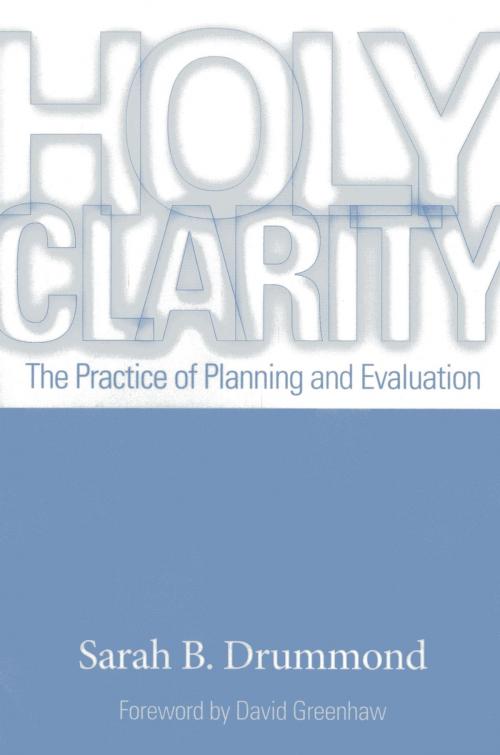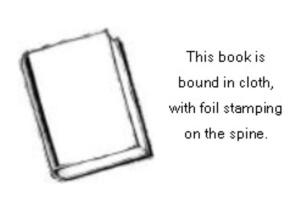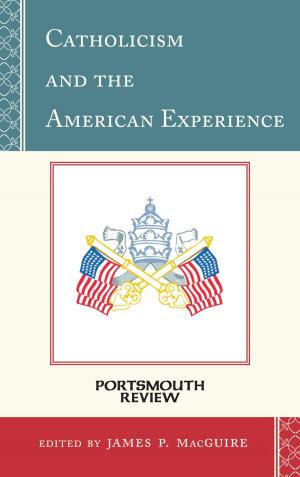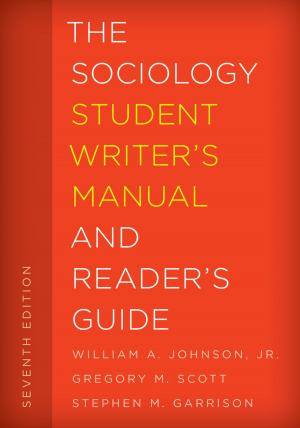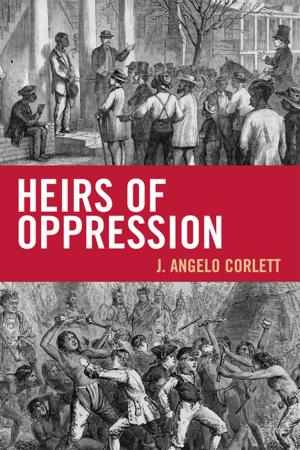Holy Clarity
The Practice of Planning and Evaluation
Nonfiction, Religion & Spirituality, Christianity, Church, Church Administration| Author: | Sarah B. Drummond, dean of the faculty and vice president for academic affairs | ISBN: | 9781566995450 |
| Publisher: | Rowman & Littlefield Publishers | Publication: | June 22, 2009 |
| Imprint: | Rowman & Littlefield Publishers | Language: | English |
| Author: | Sarah B. Drummond, dean of the faculty and vice president for academic affairs |
| ISBN: | 9781566995450 |
| Publisher: | Rowman & Littlefield Publishers |
| Publication: | June 22, 2009 |
| Imprint: | Rowman & Littlefield Publishers |
| Language: | English |
In Holy Clarity, Sarah Drummond explores the most basic reason leaders of religious organizations conduct evaluations: To find and create God-pleasing clarity regarding the organization's purpose and the impact of its activities. Leadership and evaluation are not separate disciplines, she argues. Effective leaders evaluate because they need to know what is happening in their organizations and how those activities are effecting change. Drummond first describes the way in which our postmodern culture makes clarity difficult to obtain. She then looks at holy clarity from a biblical and theological perspective and make the case that it is a spiritual discipline that can stand on its own theological merits. She presents four approaches to evaluation that can help a leader to guide a community toward greater clarity, both when evaluating or analyzing programs and when planning and starting programs. Finally, she considers the work of clarification as a faith practice, one that can make a pastor or layperson not just a better leader, but a better Christian who is more firmly grounded in God. Each chapter concludes with a fictional case study that provides a jumping-off point for discussion and helps bring her theory to life. Holy Clarity provides an accessible resource as an entry point for those who are eager to learn the best practices of this crucial discipline.
In Holy Clarity, Sarah Drummond explores the most basic reason leaders of religious organizations conduct evaluations: To find and create God-pleasing clarity regarding the organization's purpose and the impact of its activities. Leadership and evaluation are not separate disciplines, she argues. Effective leaders evaluate because they need to know what is happening in their organizations and how those activities are effecting change. Drummond first describes the way in which our postmodern culture makes clarity difficult to obtain. She then looks at holy clarity from a biblical and theological perspective and make the case that it is a spiritual discipline that can stand on its own theological merits. She presents four approaches to evaluation that can help a leader to guide a community toward greater clarity, both when evaluating or analyzing programs and when planning and starting programs. Finally, she considers the work of clarification as a faith practice, one that can make a pastor or layperson not just a better leader, but a better Christian who is more firmly grounded in God. Each chapter concludes with a fictional case study that provides a jumping-off point for discussion and helps bring her theory to life. Holy Clarity provides an accessible resource as an entry point for those who are eager to learn the best practices of this crucial discipline.
